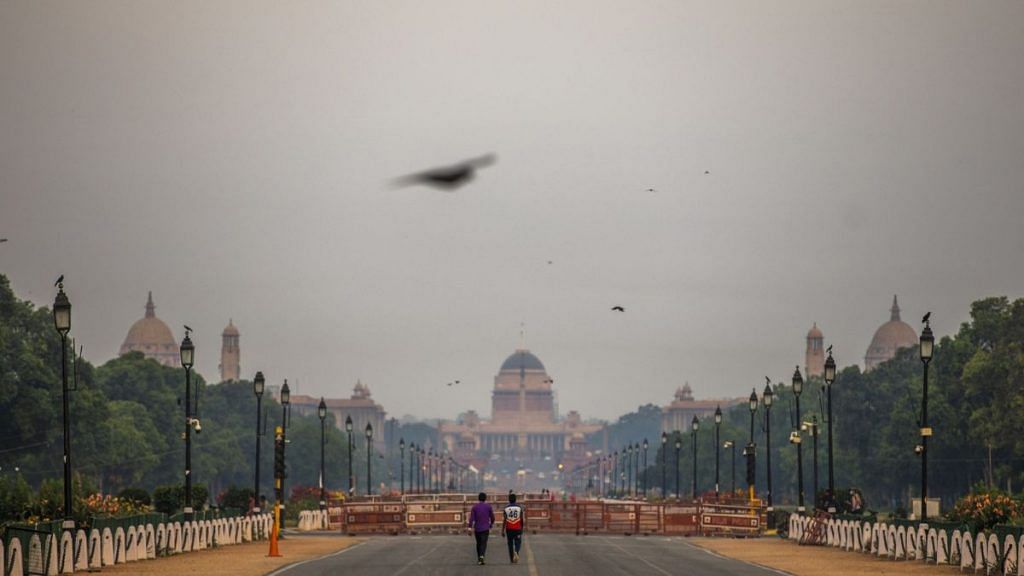New Delhi: Polls to choose the next President of India will be held on 18 July, the Election Commission announced Thursday. The date of counting will be 21 July.
Chief Election Commissioner of India Rajiv Kumar said the term of President Ram Nath Kovind would end on 24 July. The new President will be sworn in on 25 July, he said.
He said the voting would take place in the Parliament House and in premises of state assemblies.
Kumar said nominations would begin on 15 June, their scrutiny on 30 June and the last date to withdraw would be 2 July.
A total of 4,809 MLAs and MPs would vote in the 2022 elections, Kumar said, adding the total value of MLA votes were 543,231 and those of MPs were 543,200.
The ruling National Democratic Alliance (NDA), however, is comfortably placed to get its candidate elected even though it is slightly short by 1.2 per cent votes.
This can be attributed to the reduced margins of victory in 2022’s Uttar Pradesh and Uttarakhand assembly polls.
The NDA is counting on its friends in Parliament — Jagan Mohan Reddy and Naveen Patnaik — to get a majority in the voting college that comprises all MPs and MLAs in the country.
Meanwhile, the Opposition is trying to drum up consensus for a common candidate. It is understood Telangana Chief Minister K. Chandrasekhara Rao and Maharashtra leader Sharad Pawar are at the forefront of that initiative.
Who elects the President of India?
The President is chosen through the electoral college which consists of all elected Lok Sabha and Rajya Sabha MPs, members of state assemblies and Union Territories including Delhi, Puducherry and Jammu and Kashmir.
Those “nominated” to state assemblies and the Rajya Sabha, however, don’t have a vote in the election of the President.
The vote value is derived from the Presidential and Vice-Presidential Election Rules, 1974, with an MLA’s vote value relying on the size and population of state assemblies. This ensures that each state gets a fair say in the election, according to its population.
An MP’s vote value is 708.
In 2017, Ram Nath Kovind and the Congress’ Meira Kumar were in the fray to become India’s 14th President. Kumar was the joint Opposition candidate.
Kovind won with 702,044 votes while Kumar got 367,614 out of a total of 1,069,358 votes.
Also read: EC to announce date of presidential poll on Thursday
